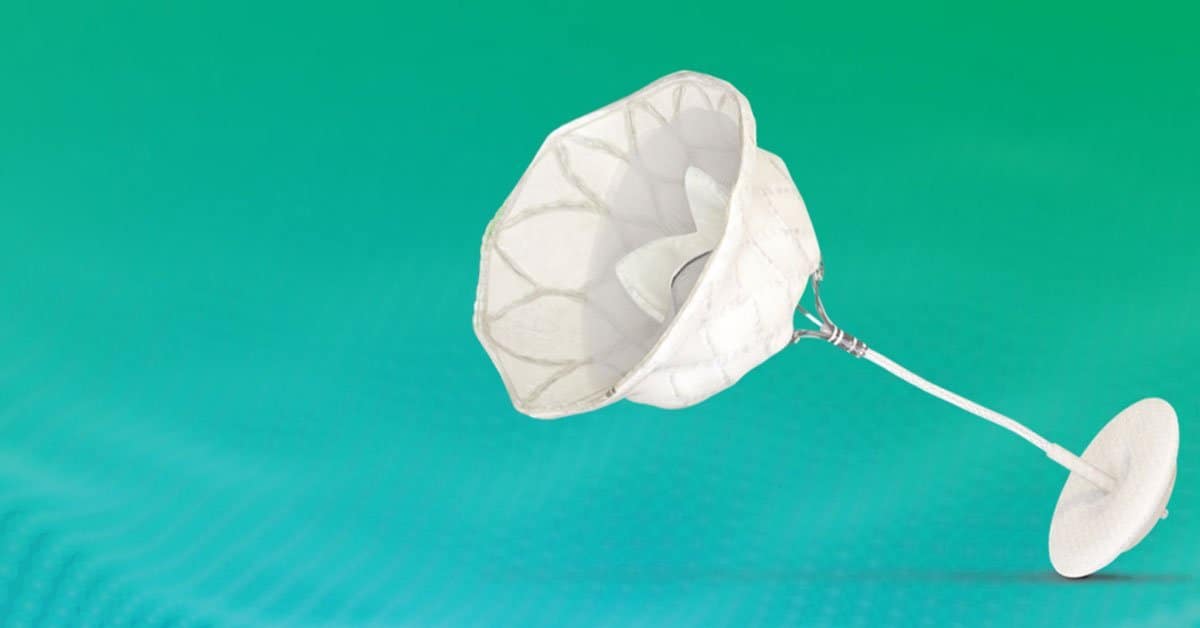It might have been graduation time in many parts of Boston last weekend, but an electrophysiology family reunion was taking place in the city’s Seaport district, bringing the latest in EP science, technology, and patient care. We hope everyone who attended HRS 2024 had a blast, and we hope all of you enjoy these top-six takeaways from electrophysiology’s biggest weekend of the year.
- HRS on The Rise – The HRS annual meeting continued its post-COVID rebound, as HRS 2024 welcomed 9,588 attendees as of Saturday afternoon (up from 8,685 last year), and the conference’s exhibits and presentation halls were packed and passionate.
- All About PFA – Pulsed field ablation dominated HRS 2024’s conversations, exhibit booths, and scientific sessions, suggesting that if PFA truly delivers on potential we could be entering electrophysiology’s pulsed field ablation era.
- EP Science – While other cardiology subspecialties have historically been better known for their scientific rigor, there was some serious EP science taking place at HRS 2024, including a number of studies that could shape how electrophysiology is performed for years to come.
- PFA Results – Speaking of PFA and EP science, five of HRS’ late breaker presentations focused on pulsed field ablation, with the studies strongly supporting PFA’s efficiency value proposition, while often showing solid efficacy and safety results.
- AI Momentum – AI was everywhere at HRS, with new solutions supporting a wide range of use cases (detection, prediction, planning, mapping, etc.), and leveraging data from nearly as broad of a range of modalities (ECG, imaging, implants, catheter.). This AI influx also suggests that electrophysiology might have to similarly evolve its AI infrastructure (standards, guidelines, overall expertise.
- RPM Frustration – Although RPM is evolving fast and is more vital than ever, a keen ear could pick up signs of frustration among RPM vendors, including concerns over lagging reimbursements, the need for updated guidelines, and perceptions that all remote monitoring tech is the same (because it’s not).





